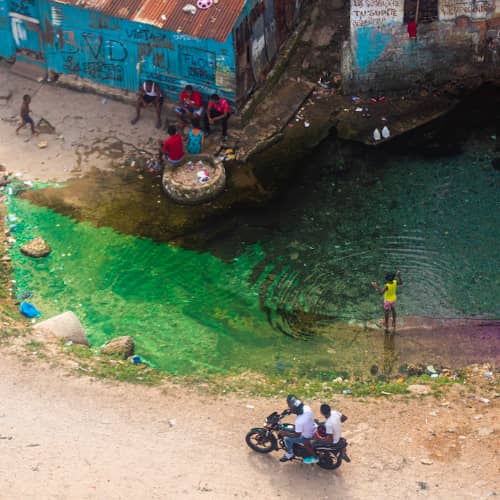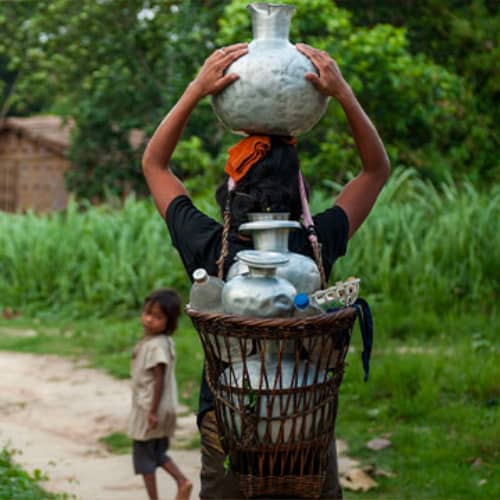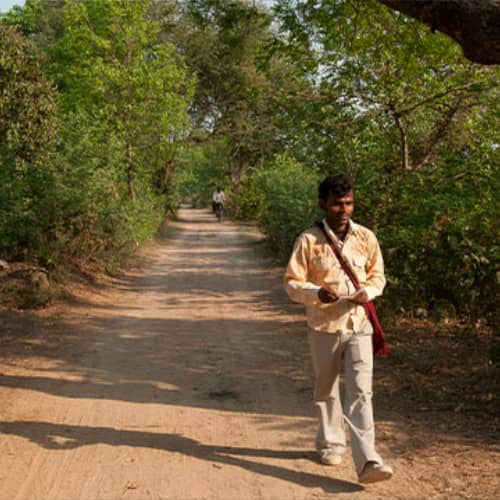What Does Poverty Mean?
The answer to “what does poverty mean” is multifaceted. Poverty can be defined as a situation in which the earnings are insufficient to meet basic human needs like food, water, security and a severe difficulty in improving one’s life.[1] The World Bank defines extreme poverty as living on less than $2.15 daily.[2] Today, about 10 percent of the world falls below this level, and more than half of them are children. Certain areas, like sub-Saharan Africa and Asia, have much higher rates of poverty. In fact, 41 percent of Africa’s population is living under that $2.15 mark.[3]
Another indication of poverty is open defecation, which about 8.9 percent of the world is still forced to practice. Because people defecate in a field or behind a home or bush, human waste often ends up polluting food and water sources, which leads to illness. Rural populations are much more likely to experience this problem than urban communities, forcing them to walk further distances to find clean water, and suffering from many more sicknesses. This causes the already impoverished to miss school or work school and spend more money on health clinics. This traps poor people further in the cycle of poverty as they lose income, future opportunities and the little money they do have.[4]
Ragnar and his family of six were one of the many affected by contaminated water. The closest water source was a well that was over a half mile away, and it was polluted, like many water sources in developing regions. Ragnar’s family was often sick from the water, which could carry diseases such as cholera, dysentery, typhoid or polio. With higher metabolisms and more water in their bodies, his children were among the most vulnerable and the first to get sick. One of the most common symptoms of water-borne illnesses was diarrhea, which dangerously depletes a body’s fluids, killing about 484,000 children a year, 1,300 young children each day, especially in Africa and Asia.[5] Their frequent illnesses led to often missing school, limiting their future opportunities even further.
One day, a GFA World missionary met Ragnar and learned about his family’s situation. They prayed for the sickness and the family, and the GFA worker promised to help with the water situation. He and his congregation began praying for a Jesus well for Ragnar’s village. Their prayers were answered; a well was installed and clean drinking water was just a short walk away, greatly improving Ragnar and his family’s health and prospects.[6]



Comments
Post a Comment